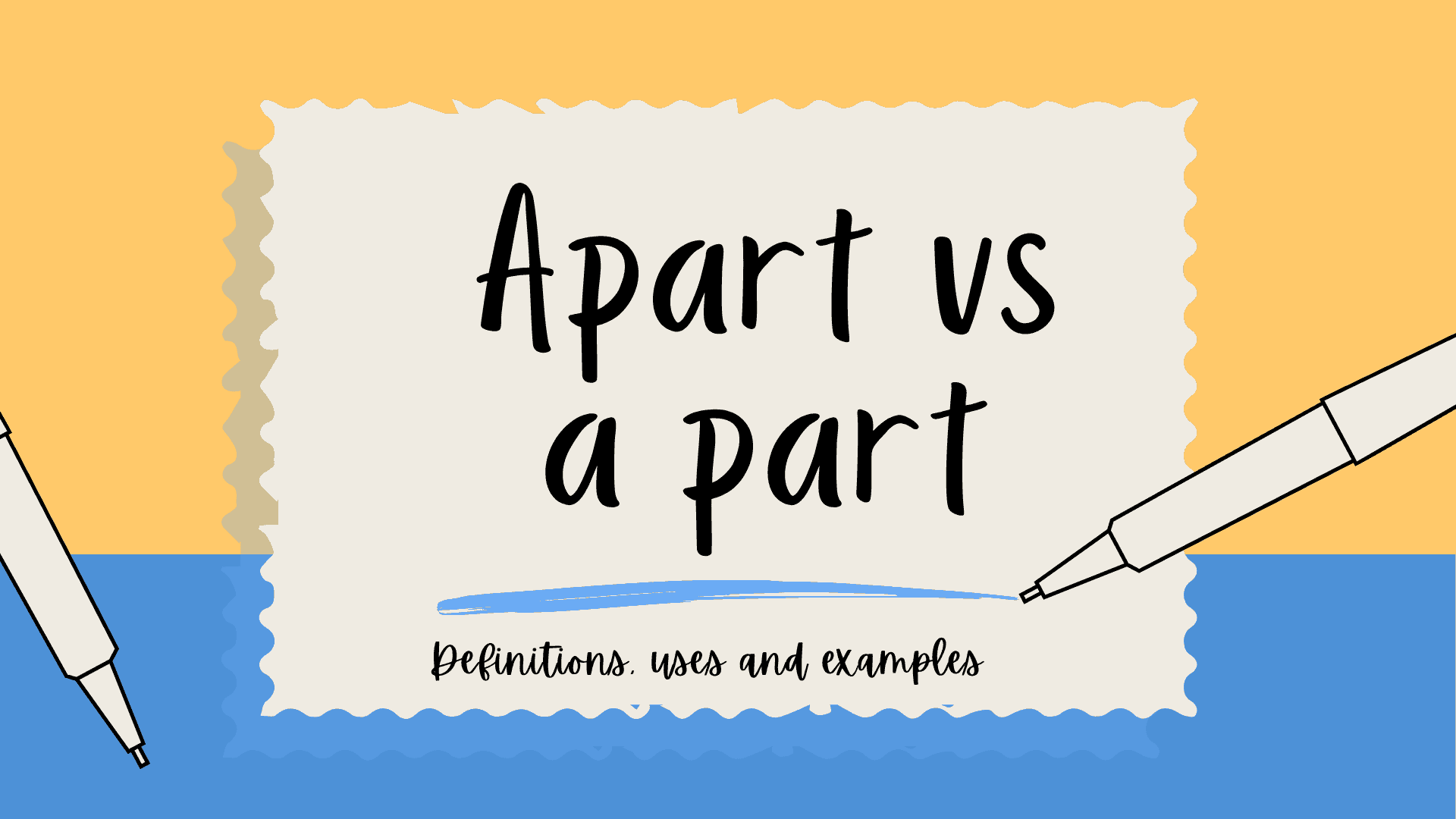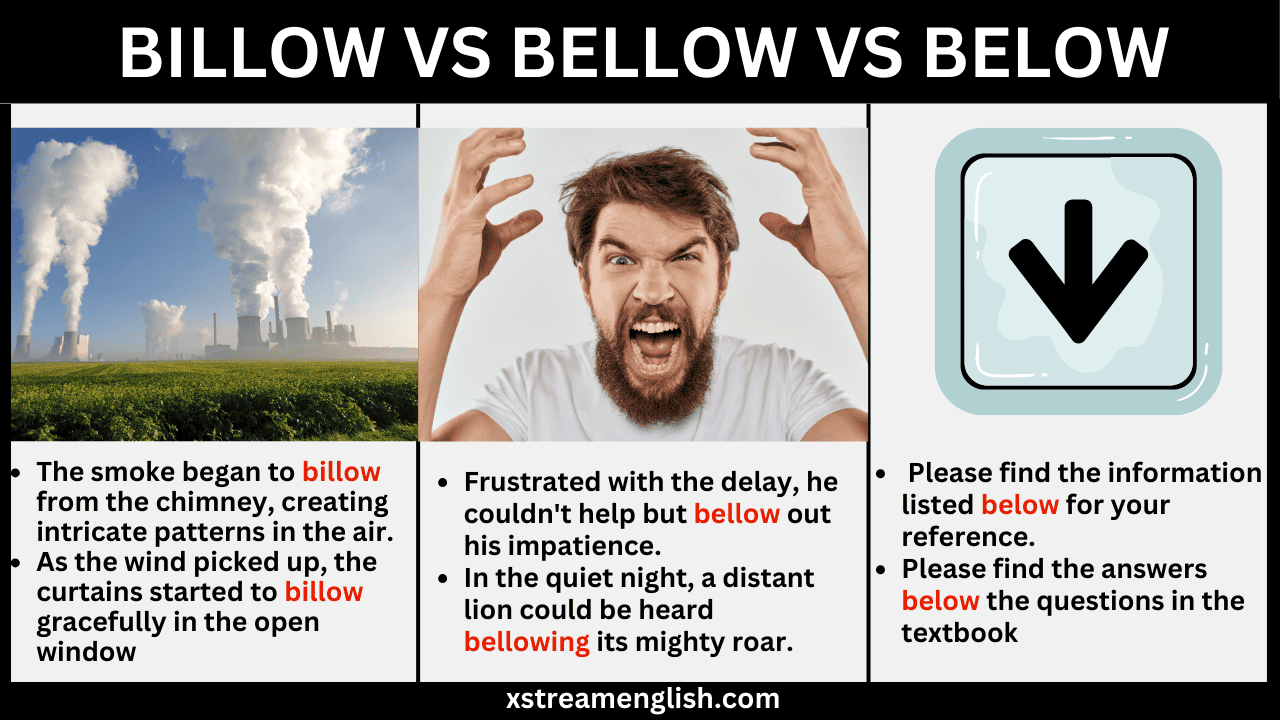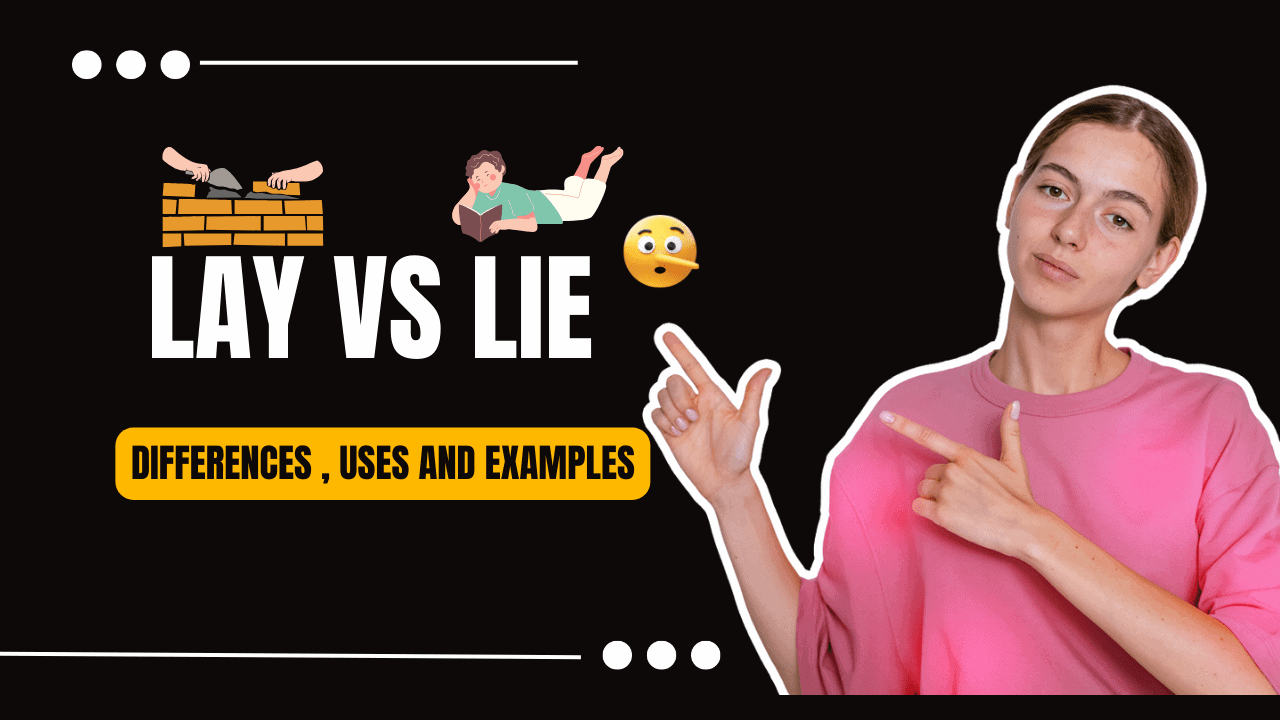
You’ve probably heard of the difference between transitive and intransitive verbs, but you can’t be sure until you know the difference between the two. I’ll help you out with some definitions, Examples and explain what they both are in this post.
what are transitive verbs?
When a verb requires an object to express the proper or complete thought, it is known as a transitive verb.
A transitive verb transfers its action to its object or a transitive verb passes over action to its object.
Examples–
imagine if I say,
- Sam threw
This sentence is incomplete. There is information that is missing.
You are probably wondering what did sam throw?
Why is this sentence incomplete?
Because throw is a transitive verb and a transitive verb needs an object after it to complete the sentence. The object can be a noun or pronoun.
- Sam threw a ball
subject – Sam
verb – threw
object – a ball
Now the sentence is complete and makes some sense. We added the object ‘a ball’ after the transitive verb ‘throw’
Let’s look at some more examples
- He invited (✘ )
- He invited kate. (✔)
You cannot just say ‘He invited’ because the sentence is incomplete. You must ask the question ‘’whom did he invite’’ so we need an object after the transitive verb invite.
- He sent (✘)
- He sent a letter (✔)
You cannot say just ‘he sent’ because the sentence is incomplete. You probably wondering what did he send, so we need an object ‘a letter’ after the transitive verb sent.
- He killed a dog (object – dog)
- I helped him (object – him)
- Tanveer solved the questions (object – the questions)
- Kiran has bought the books (object – the books)
- I love you (object – you)
Subject + transitive verb + object.
Transitive verbs can also take indirect objects, which are the people or things receiving the direct object, those verbs are called Ditransitive verbs.
For example –
“I gave my brother a letter.” (My brother receives the letter through the action of sent)
or
I gave a letter to my brother
In both sentences, the letter is what is being given. it’s the direct object.
- Subject – I
- transitive verb – sent
- indirect object – my brother
- direct object – a letter
The same rule is apply to phrasal verb
If someone says: “I’m looking for”
You would automatically think “Looking for what? Looking for whom?”
We need to add an object to make the sentence complete.
- I am looking for my passport.
My passport is the object (that you are looking for)

Transitive verb – passive form
Transitive verbs can have a passive form.
Active – subject + verb + object
Passive – object + changed HV + transitive verb + subject
- He kicked the ball ➡ the ball was kicked by him.
- He bought a new car ➡ a new car was bought by him
- They stole the car ➡ the car was stolen by them
A list of some transitive verbs in English
| eat drink chew cook cut study learn love hate watch see taste | hug kiss touch seduce coax buy sell give push start end finish | teach learn write note erase appreciate hate envy praise feed cook burn |
Examples of transitive verbs
| verbs | Examples | object |
|---|---|---|
| Killed | He killed a rabbit | A rabbit |
| write | I write essay | essay |
| hit | Ramesh hits a ball | A ball |
| Hug | Rohit hugged his mother | His mother |
| speak | He speaks the truth | the truth |
| buy | He bought a new car | New car |
| Read | She was reading ‘the hard times’ | The hard times |
| play | She is playing tennis | tennis |
| donate | Karan has donated the books | The books |
| Watch | Heena is watching the TV | The tv |
| Throw | Daria threw the ball | The ball |
| cut | She cut the cake. | The cake |
| Climb | They climbed the mountain | The Mountain |
| Give | He gave her a flower | a flower |
| Show | We showed her a photo album | Photo album |
| Drink | My father drinks coffee | Coffee |
| Wash | She does not wash her clothes. | her clothes |
How to find the transitive verb
We know that a transitive verb must have a direct object so the simplest way to identify a transitive verb is to see if the sentence contains a direct object.
Direct object is a word or phrase that receives the action of the verb. The direct object usually answers the question what or whom? The answer to the question ‘what’ is always an object (non-living), and the answer to the question ‘whom’ is always a living(person)
If the verb answers any of the two questions, it is a transitive verb else it is an intransitive verb.

Let’s take some examples-
- Rohit reads the newspaper
Now you ask a question, rohit reads what- the answer is newspaper, so read here is a transitive verb.
- I invited Alisson
Now ask a question- invited what- no answer
Invited whom – Alisson, now that makes sense, so invited here is a transitive verb
- She cut the cake
Cut what – cake, cut is a transitive verb.
What are intransitive verbs?
Intransitive verbs – verbs that do not take an object. The action of the subjects is not exerted on any object by an Intransitive verb.
Examples:
- We laughed.
( laughed is an intransitive verb, it has no object. You cannot laugh something)
- He arrived.
( arrive is an intransitive verb, it has no object. You cannot arrive something.)
you can find the direct object of a verb by reading the verb and then asking “what?” (or “whom?”. . If this question is not appropriate, then you’re probably dealing with an intransitive verb.
- He sleeps in the bed.
( sleeps what? – doesn’t make sense. Sleep is an intransitive verb)
- She cried loudly.
(cried what? Doesn’t make sense, here cried gives us an answer of how not what or whom, so it has no object, hence cried is an intransitive verb)
Examples of Intransitive verb
- Alison danced at the party.
- He sleeps in the bed.
- She cried loudly.
- It rained.
- They died.
- The audience applauded
- He is waiting for so long
- The train has arrived.

A list of some Intransitive verbs in English
| panic worry look jump arrive fly relax die look lie last fallen | sleep walk talk collapse fly swim go inquire knock revolt laugh stay |
Intransitive Verbs Do Not Have a Passive Form
As an intransitive verb cannot take a direct object, there is no passive form.
Example –
He arrived ( we can’t make a passive form of this sentence)
Arun woke up early ( we can’t make a passive form of this sentence as it has no object)
Verbs that are Transitive and Intransitive
Some verbs can be either transitive or Intransitive, depending on how they are used.
Transitive: He speaks the truth.
Intransitive: Sita speaks slowly.
When the verb is used as a transitive it must take an object with it, and when a verb is used as an intransitive it does not take an object with it.
In the first example, Sita speaks what – you will say the truth, so the object is truth. Hence ‘speaks’ here is used as a transitive verb.
In the second example, here speaks gives us the answer of ‘how’ so the sentence does not contain an object hence ‘speaks’ is used as an intransitive verb.
| verb | Transitive | Intransitive |
|---|---|---|
| Close | Close your eyes I have got a surprise for you | Most shops here close at 7:00 pm |
| Speak | He speaks English | He speaks very quickly |
| Melted | The hot summer melted my ice-cream | My ice-cream melted |
| move | can you move your car? | the car moved fast |
| Fly | He flies kite | A bird flies |
| Stop | I stopped the car | the car stopped |
Sometimes the meaning changes depending on whether the verb is transitive or intransitive. For example
transitive – He runs his own business ( to run – manage)
Intransitive – He runs along the beach ( to run – action)
Frequently asked questions on transitive and Intransitive verbs
-
What is a transitive verb?
verbs that require a direct object to complete their meaning.
example – anna bought a car. A car here is a direct object of the verb bought.
some transitive verbs are – learn, read, kicked, kill, etc. -
Do Intransitive verbs have a passive form?
No, intransitive verbs do not have passive forms because they don’t contain an object.
-
What are Ditransitive verbs?
verbs that take two objects, direct and indirect objects are ditransitive verbs
example – sam gave Lilly a rose.
direct object- a rose
indirect object- Lilly




